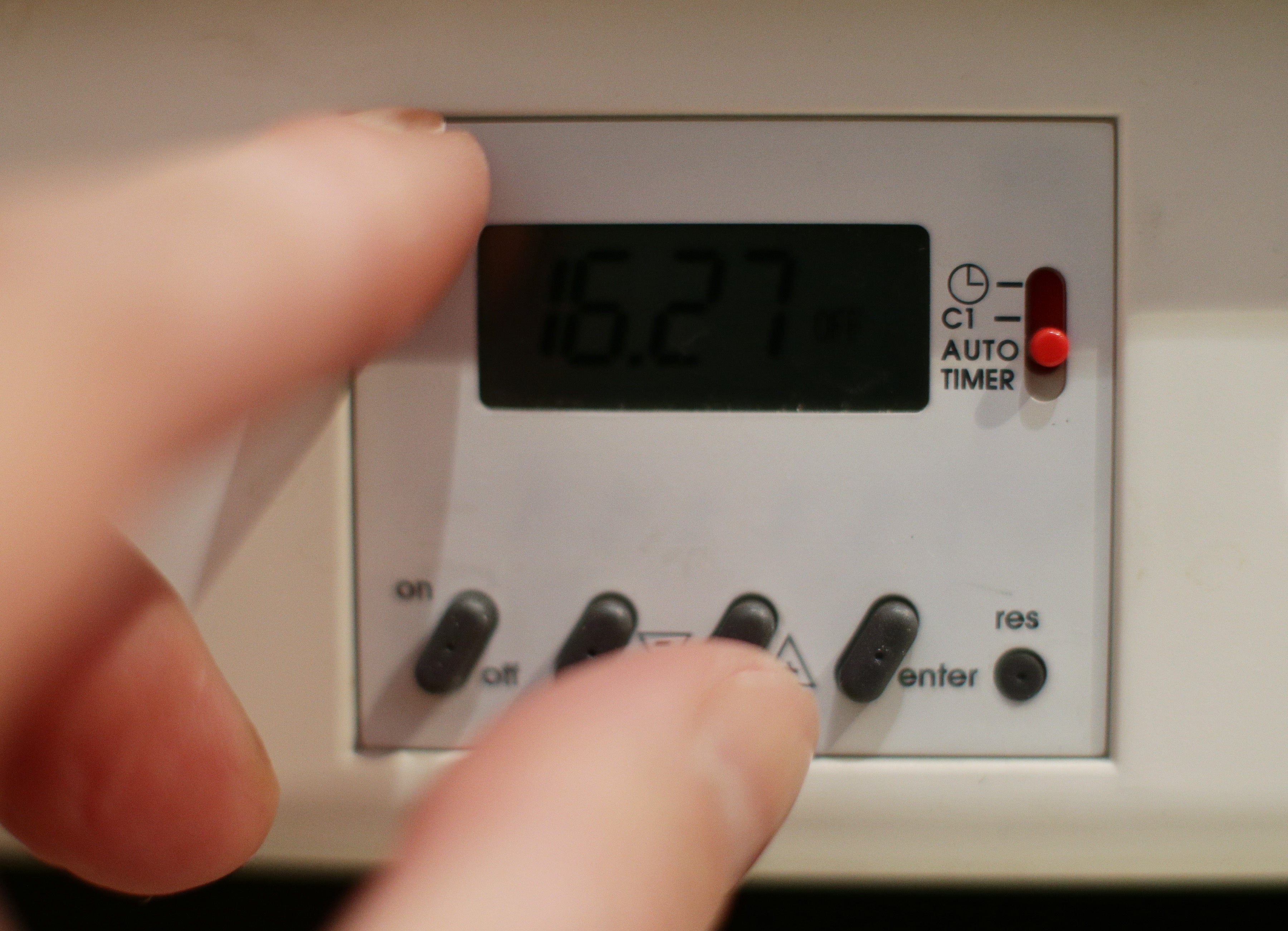Energy price hike: Seven ways to cut your costs and get support with bills
Households may be able to take action now to reduce their costs before the price cap increases in October.

Millions of households face energy bill hikes – but by acting now many could save money.
The price cap will increase from October 1 for the 15 million customers it protects.
The cap acts as a safety net for customers who have not switched by making sure suppliers only pass on legitimate costs.
But energy costs have increased sharply over the past six months, with gas prices hitting a record high as the world emerges from lockdown. Suppliers buy electricity and gas on the wholesale markets in advance.
Kevin Pratt, an energy expert at Forbes Advisor, warned consumers: “Most energy providers running these default deals don’t see the cap as a limit but as a target.”
Here are six ways for households to reduce their energy costs and get additional support:
1. Find out whether you can get extra help
Customers may be eligible for affordable debt repayment plans or payment breaks, emergency credit for pre-payment meters, or a £140 bill rebate under the Warm Home Discount, according to industry regulator Ofgem
Suppliers covering more than 90% of customers have also signed up to fresh commitments to reach out to those who most need help this winter.
The commitments, drawn up with Ofgem and trade body Energy UK include pledges to increase awareness of the help available and make it easier for customers in financial difficulties to get in touch across different contact channels; to help ensure bill accuracy; and to step up smart meter installations for pre-payment customers.
2. Shop around
With the increases still a couple of months away, people can shop around on comparison websites or contact suppliers directly to save money before October 1 – which is also ahead of the winter when people tend to use more energy heating and lighting their homes.
They could save three-figure sums on their annual bills.
Ofgem chief executive Jonathan Brearley said: “We think you can still save up to £100 if you do switch supplier, but that will clearly change when this change goes through the price cap.
“So, we do encourage people to talk to their supplier and get the support they need, but if you can get into the market and get the best possible tariff by switching around, then we’d be keen for you to do so. That’s the best way to make sure you minimise your energy costs.”
Switching advice, including a list of comparison websites accredited under the regulator’s “confidence code”, is on Ofgem’s website.
Mr Pratt said: “The good news is that people on expensive default and pre-pay tariffs now have the best part of two months to switch to a cheaper deal – a process that should take no more than 21 days from running a quotation to getting your new deal in place.
“And it’s a question of sooner being better than later because all tariffs – not just the default ones – will eventually feel the effect of rising wholesale prices.”
MoneySavingExpert.com also has a “cheap energy club“.
3. Find out if your existing supplier has a better deal
Those who do not want to switch firms could ask their supplier to put them on a better deal.
4. Consider changing the type of tariff you are on
Mr Pratt said: “Fixed-rate deals are generally cheaper than default tariffs, and they enable you to lock in the price you pay per unit of energy for 12 or 24 months, shielding you from general energy price inflation.
“But that year or two years’ worth of energy still needs to be paid for, and higher wholesale costs are filtering through to what’s available in the fixed tariffs market.
“For example, the lowest cost for a dual fuel fixed-rate tariff for a typical household stood at around £900 a year as recently as May, but the cheapest available now cost more than £940 a year.
“There are also variable rate tariffs that cost much less than the default ones. But these too will inevitably reflect what our providers are paying for the energy they supply to us.”
5. Pre-payment meter customers with debts could still switch
Households can still switch with debts of up to £500 on gas and £500 on electricity. The supplier you switch to will take on the debt and you will repay them instead under an agreed repayment plan. Ofgem’s rules mean repayment plans must be realistic and affordable.
6. Charities offer support with bills
The Citizens Advice consumer service can provide advice on how customers can resolve problems with their energy provider. For complex or urgent cases, or if a person is vulnerable, they may then be referred on to the “extra help unit”.
StepChange Debt Charity also provides support for those struggling financially.
7. Reduce energy use
Several lenders offer “green mortgages”, potentially with cheaper rates, to help people make their homes more energy-efficient.
Simple everyday tasks such as only boiling the water you will actually use and remembering to switch lights off could also help.